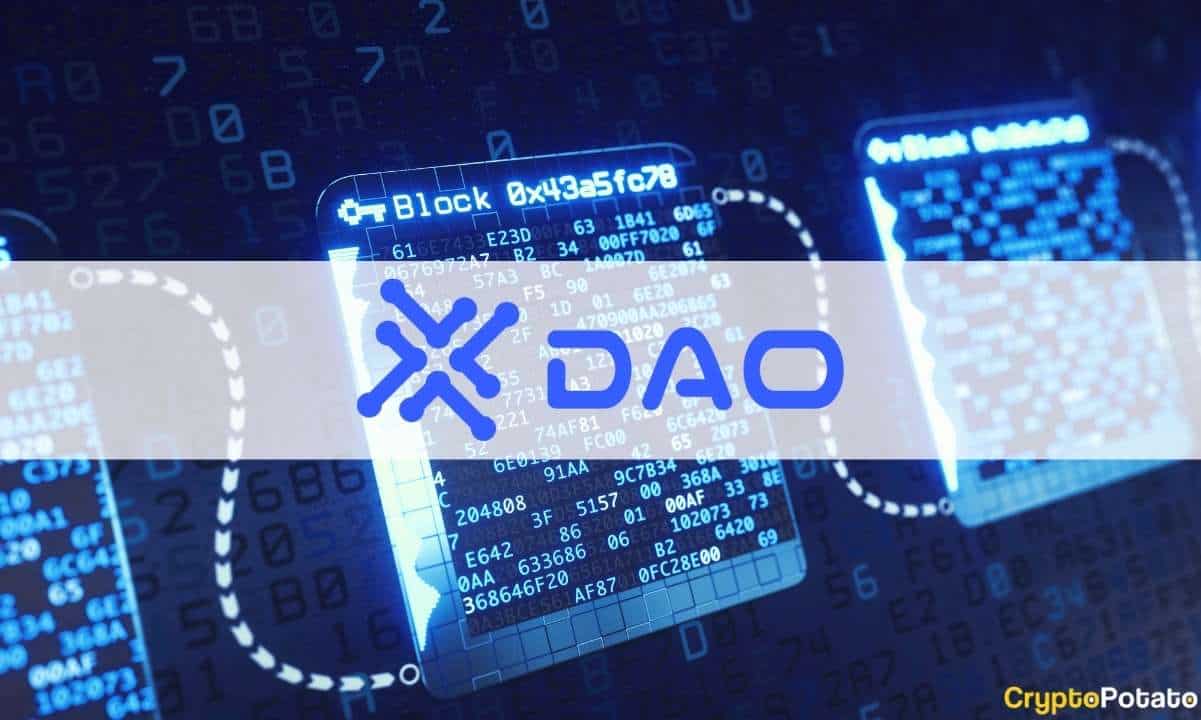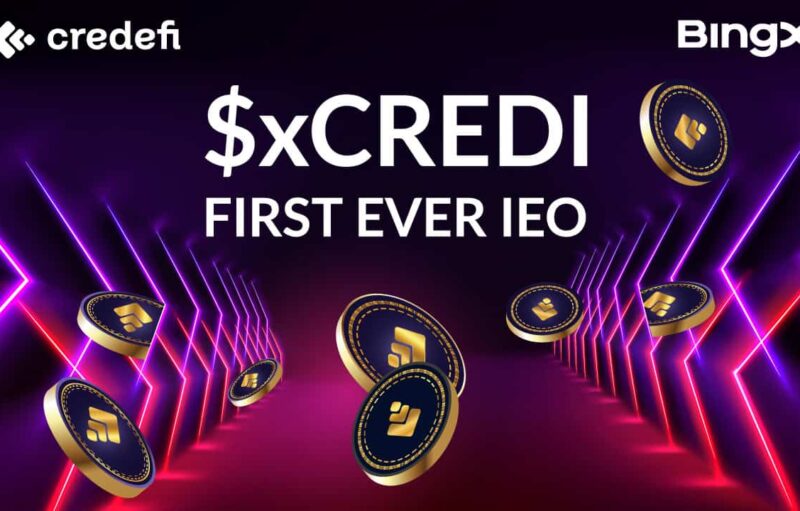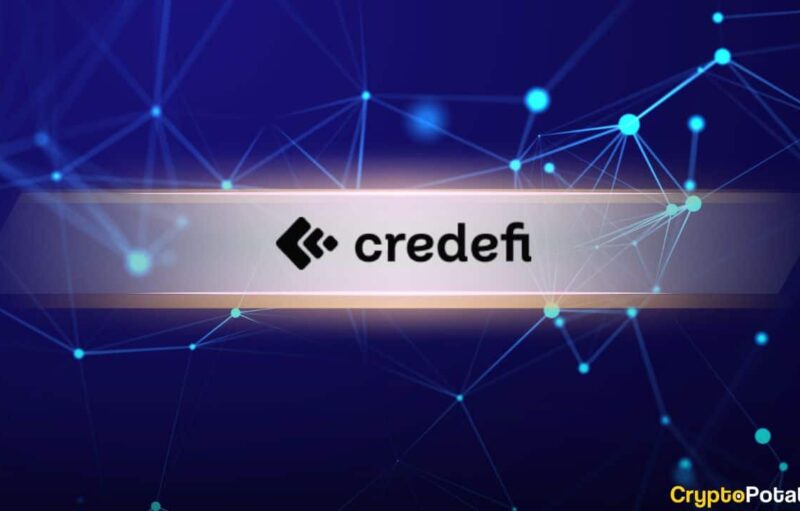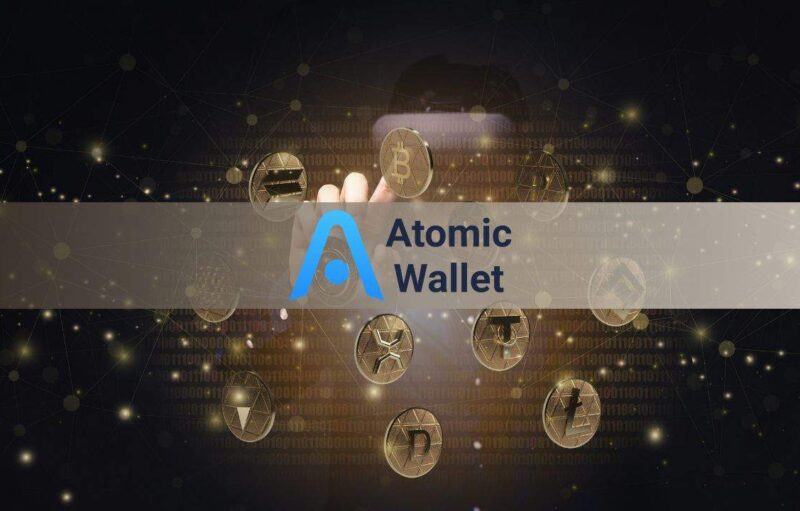
[Featured Content]
Decentralized Autonomous Organizations (DAOs) have become an integral part of the blockchain industry and are no longer a topic out of reach for the majority of users involved in it.
A DAO is an organization that, unlike traditional ones, is decentralized. This means that instead of people (a board of directors or other management structure, for instance) making the decisions – they are made based on open-source code and smart contracts. Obviously, one of the main ideas behind this is to eliminate human error or manipulation.
However, creating a DAO means writing the code of a smart contract which isn’t something that’s easily accessible, and it comes with a lot of challenges. This is where xDAO steps into the picture.
xDAO: Everything You Need to Know
xDAO is a DeFi platform that allows users to create DAOs and manage crypto assets in a few quick clicks. On the platform, people are able to manage and combine investment funds of many partners, following rules that were established in advance.
There’s a clear voting system that will allow you to make collective decisions while also being fairly confident in their execution.
The platform was launched in April 2021, and it became the first and only DAO builder on the Binance Smart Chain. At the same time, the xDAO team was participating and won Binance Smart Chain Hackathon.
In July 2021, xDAO announced a strategic partnership with Polygon. xDAO will leverage the Polygon architecture for its own modern DAO ecosystem.
At the time of creation, the team clearly understood that people needed a tool that could solve many problems while jointly managing crypto. DAO smart contracts created on xDAO give you a perfect clear model that distributes shares and does not allow money holders to be robbed.
The main concept of xDAO is zero-coding. As a user, you don’t need to know how to write a smart contract and make it safe. You get clear, audited DAO out of the box.
The security audit was prepared by the Pessimistic, which has helped to meet the challenges faced in the current blockchain environment.
Essentially, it’s a platform that enables the creation and management of DAOs without the need for understanding code and smart contracts.
There are two types of organizations that can be launched on xDAO. Namely, these represent a Decentralized Autonomous Company (DAC) and a Decentralized Autonomous Fund (DAF). The difference between these lies within the structure of the management system.
- Decentralized Autonomous Company (DAC) – These provide a solution for projects which need to manage shared crypto assets collectively. The token holders can access the balance sheet of the company, but they won’t be able to participate in the governance.
- Decentralized Autonomous Fund (DAF) – This is a type of management model for crypto assets that is even more decentralized. A common board of token holders will be making all the decisions. The quorum percentage can vary and is set according to the specific case.
All organizations, however, have one thing in common – their very own governance tokens that help users dictate their share in a company’s assets. In a DAF setting, however, the tokens also give the users voting rights, thus enabling them to participate in financial decisions.
Who Can Use xDAO?
Based on the characteristics that the platform brings forward, xDAO is appropriate for various organization types, such as:
- Venture Capital Funds
- Public Funds and Foundations
- Startups
- Freelance Groups
The platform is fully integrated with some of the top protocols on Binance Smart Chain and Polygon, such as the popular 1inch Exchange. The team is working on constant UX upgrades so that it can be even easier and more accessible for users to take advantage of the product.
Roadmap
The platform is gearing up for the announcement of its XDAO token that will be used in the xDAO ecosystem. XDAO will be economically viable and used to empowering DAO management.
The team is putting a lot of effort into developing the V2 multi-chain network on Ethereum, Polygon, BSC, and Solana, as well as a new off-chain voting model.
They are also looking to create additional tools for organizations that include analytical and informative services to provide better insight into the transactions of the organization and the interactions which pertain to other smart contracts.
Closing Thoughts
It goes without saying that the DAO model has long proved its efficiency in providing a successful system for collective management in crypto assets. However, it’s also true that its use cases can be taken a step further, and xDAO makes this happen.
As mentioned above, the platform is already functioning on BSC and Polygon, and it’s supposed to go live on Ethereum with their Open Source Web 3.0 extension (much like the well-known MetaMask) to interact with other DeFi protocols.
xDAO also brings forward use cases that tend to appeal to more users. As DeFi continues to boom, it provides an effective platform that’s reliable enough for users to function in a manner that’s truly decentralized.
The XDAO token launch will also foster the growth of the ecosystem and provide additional value to the platform.
Detailed information about the project can be found on their website, in Telegram, and on Twitter.
Binance Futures 50 USDT FREE Voucher: Use this link to register & get 10% off fees and 50 USDT when trading 500 USDT (limited offer).
PrimeXBT Special Offer: Use this link to register & enter POTATO50 code to get 50% free bonus on any deposit up to 1 BTC.
The post appeared first on CryptoPotato






